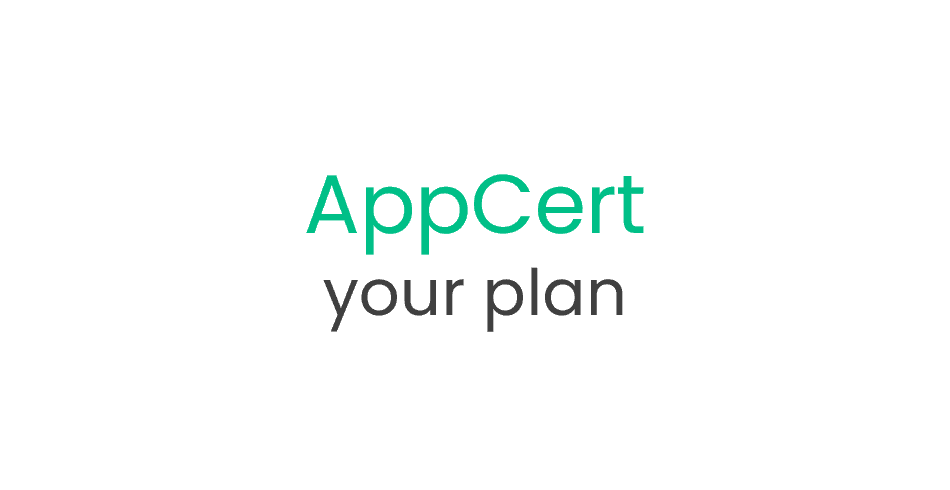Description
Anticipates long term business requirements, influences improvement of organisational process efficiency and effectivenes.
Determines the IS model and the enterprise architecture in line with the organisation’s policy and ensures a secure environment.
Makes strategic IS policy decisions for the enterprise, including sourcing strategies.
Levels
Level 4
Provides leadership for the construction and implementation of long term innovative IS solutions.
Level 5
Provides IS strategic leadership to reach consensus and commitment from the management team of the enterprise.
Knowledge
Business strategy concepts
Trends and implications of ICT internal or external developments for typical organisations
The potential and opportunities of relevant business models
The business aims and organisational objectives
The issues and implications of sourcing models
The new emerging technologies (e.g. distributed systems, virtualisation, mobility, data sets)
Architectural frameworks
Security
Skills
Analyse future developments in business process and technology application
Determine requirements for processes related to ICT services
Identify and analyse long term user / customer needs
Contribute to the development of ICT strategy and policy, including ICT security and quality
Contribute to the development of the business strategy
Analyse feasibility in terms of costs and benefits
Review and analyse effects of implementations
Understand the impact of new technologies on business (e.g. open / big data, dematerialisation opportunities and strategies)
Understand the business benefits of new technologies and how this can add value and provide competitive advantage (e.g. open / big data, dematerialisation opportunities and strategies)
Understand the enterprise architecture
Understand the legal & regulatory landscape in order to factor into business requirements
Functies met A.1. IS and Business Strategy Alignment competentie

